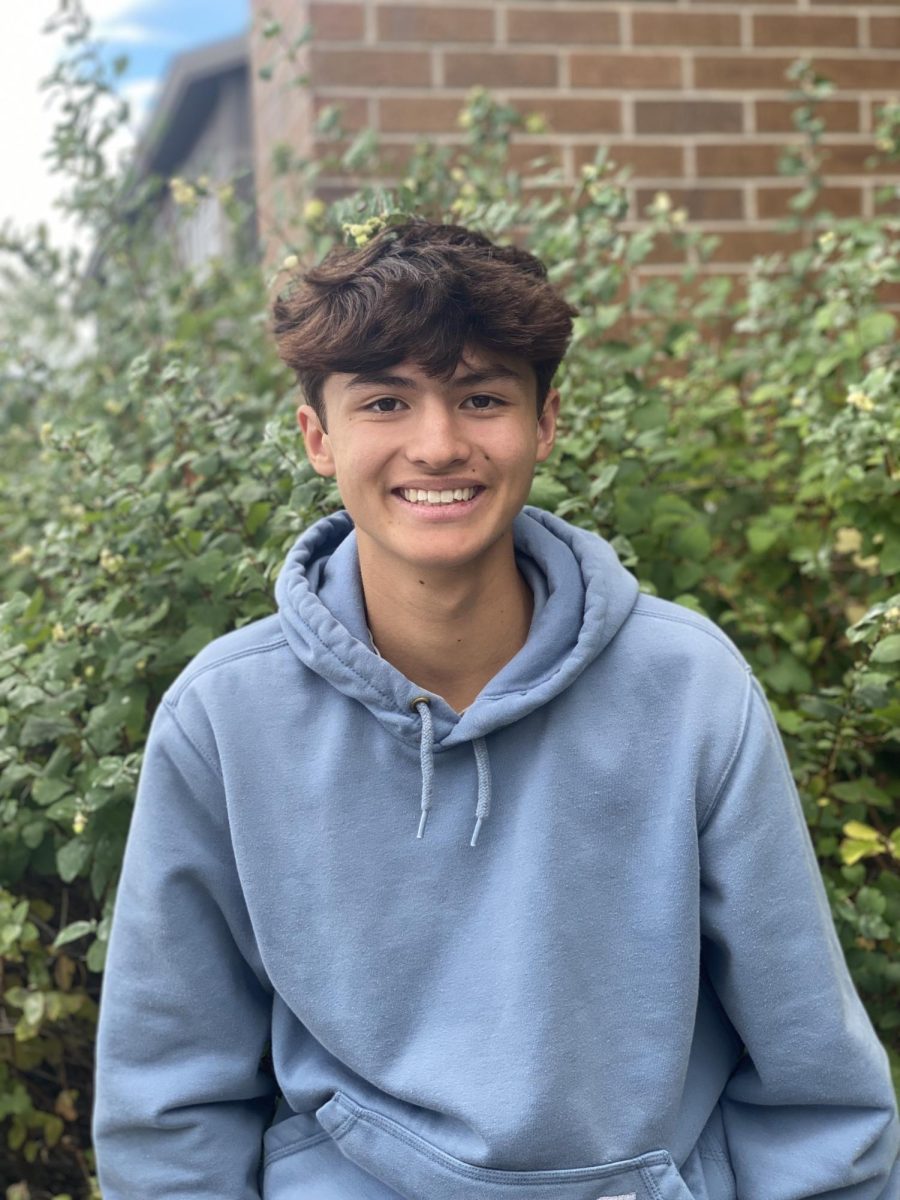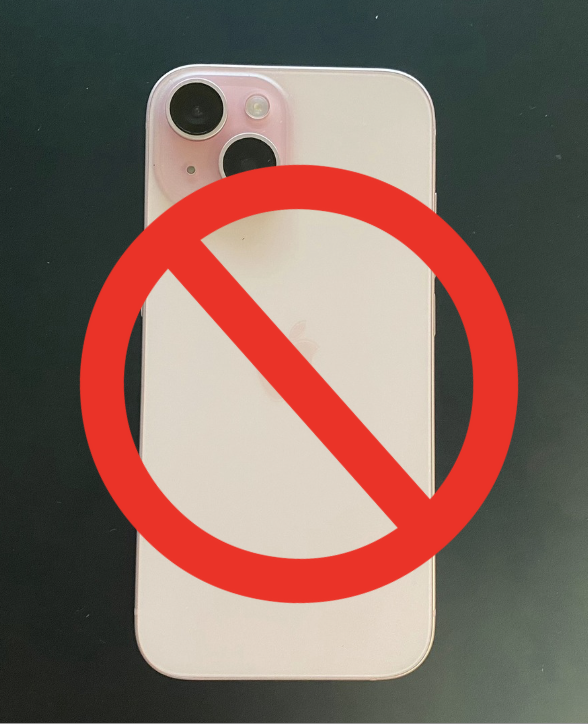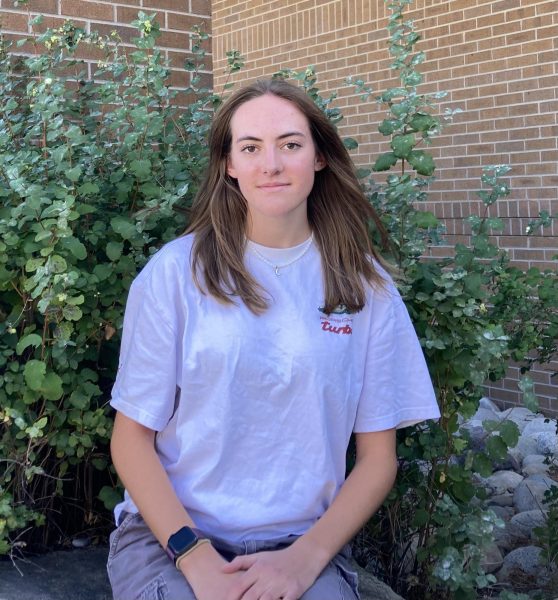Fortunately for the students at Salida High School, there aren’t any new rules pertaining to phones this year. However, the ones that are and have been in place are hoping to be more heavily enforced.
“Student handbook says that phones are to be used at the discretion of the teacher. So if in art Ms. Frazee wants you to pull out your phone and use it for like a reference photo, if in some specific class teachers allow you to use a phone for a Kahoot, that is totally fine,” Abigail Cooksey, the Dean of Students at Salida High School says, “If you are using your phone not in the discretion of the teacher, just like mindlessly scrolling when you’re supposed to be taking notes, the teacher has the right to confiscate your phone.”
At the first violation, the teacher can turn it into the front office and the student can pick it up at the end of the day. After the second violation, the student’s parents have to pick it up. Third violation is their parents pick it up and have a conference with Cooksey or Mr. Hull, the principal.
“Usually the conference results in us coming up with some sort of policy where you have to turn in your phone to the front office when you get to school,” Cooksey said.
The community push is in favor of more strict phone rules, as they point out that research says in general, smartphone usage is bad for people, but furthermore it’s bad for developing brains.
“I mean I can say personally that, at the risk of being canceled, I would love for the community push to ban phones in school …We know that doing things like smoking cigarettes at a young age is particularly bad for development. Why are we allowing students to do things at school that we know are bad for them? We don’t let you smoke, maybe we shouldn’t let you be on your phone,” Cooksey said.
If you’re worried about emergency protocol, Cooksey says the school has a plan for that. “If there’s an emergency at home, your parent will call the front office, the front office will get you out of class ASAP. We do this all the time. I’ve have emergencies where parents maybe wanted to break news to a student in person and not over their phone so they called the front office and had them get the student. This happens all the time.”
Moreover, in an emergency, even the police would like students to have less access to phones. False information can spread quickly during, for example, a lockdown which in turn can have kids more worried than necessary.
“By limiting access to smartphone usage in school we can actually streamline what information gets out and hopefully keep kids safer. That way students aren’t reacting to rumor, they are reacting to fact in the case of an emergency,” Cooksey said.
She hopes to have schools with less phone access, as they are “by design inherently addictive.” She noticed from her time as a classroom teacher that “Students’ ability to not give up was almost directly tied to whether or not I knew their parents were pro- or anti-phone. Kids whose parents were anti-phone were across—it didn’t matter what base level information they had, what base level skills they had. They had better abs—not giving up and grappling with hard things, 100% of the time.”
Cooksey has used both scientific research and personal experience to prove her points, and she hopes for a change in the district. Though the same rules that have been in place now are the same ones decided upon six years ago, Cooksey thinks it’s time for a change. What do you think? Do you think students will focus better without social media at their fingertips in class?



